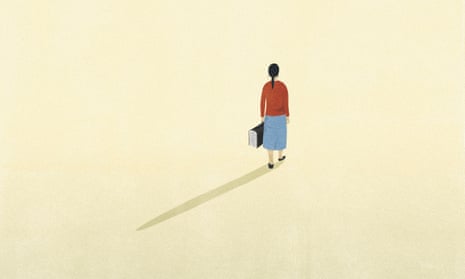This exercise ends here: I gave myself a year, and the year is up. I had never done work like this, and I hesitated a good deal before trying it. I was afraid of the weekly deadline; I was afraid of having to write even if I didn’t feel like it; I was afraid of the need to publish without having scrupulously considered every word. In the end, curiosity won out.
I tried to meet the challenge by imagining that I had 52 questions to answer in writing, one a week. I thought that was something I knew how to do by now: for years, I’d been answering journalists’ questions. So that’s how I proceeded, diligently. But I have to admit that, despite the extreme courtesy of my editors, I was constantly afraid of not succeeding in the task I’d undertaken, of somehow rashly being insulting to readers, of losing faith in myself and having to give up. Fortunately, the anxiety of publication was amply counterbalanced by the pleasure of writing. Today I can say with assurance that, even if I never have this experience again, it was very useful to me, and I’m grateful to this newspaper for giving me the opportunity.
I have written as an author of novels, taking on matters that are important to me and that – if I have the will and the time – I’d like to develop within real narrative mechanisms. I think I left out only one feeling among those that interest me, but only because it sustained my last book and it seemed excessive to return to it: I’m talking about inequality, about the disasters that it wreaks on an economic, social and cultural level. Everything about these times, I have to say, worries me, but that the majority of the human race – women, children, men – is subjected in various ways to the effects of inequality seems to me at the core of all the problems that consume us. Above all, inequality generates an extraordinary waste of minds and creative energies, which, if they were trained and put to use, would likely make our history an active laboratory for repairing the damage we’ve caused so far – or at least of controlling its effects, rather than an unbearable list of horrors.
I’d like to thank the people who have had the patience to translate my texts into English, to verify their coherence, suggest cuts or additions, give them titles, and illustrate them with imagination and intelligence and humour. I’d especially like to thank those who have been kind enough to read them. Before this, I was used to the rhythm of book publication, to a novel’s compactness and autonomy. If my books went to the book shop, they met readers; for a while, I would experience the anxiety of being their author, but then I went on with my life, often for years, distancing myself as far as possible from the torment of a new publication. Writing this column has instead made me tense every Saturday. It has been the permanent exposure of fragments of myself; I couldn’t free myself from one before I had to think about the next. Luckily, yes, there were readers – rightly either welcoming or hostile. I am indebted to all of them – few, many – who, agreeing or disagreeing, connected with these brief trickles of ink.

Comments (…)
Sign in or create your Guardian account to join the discussion